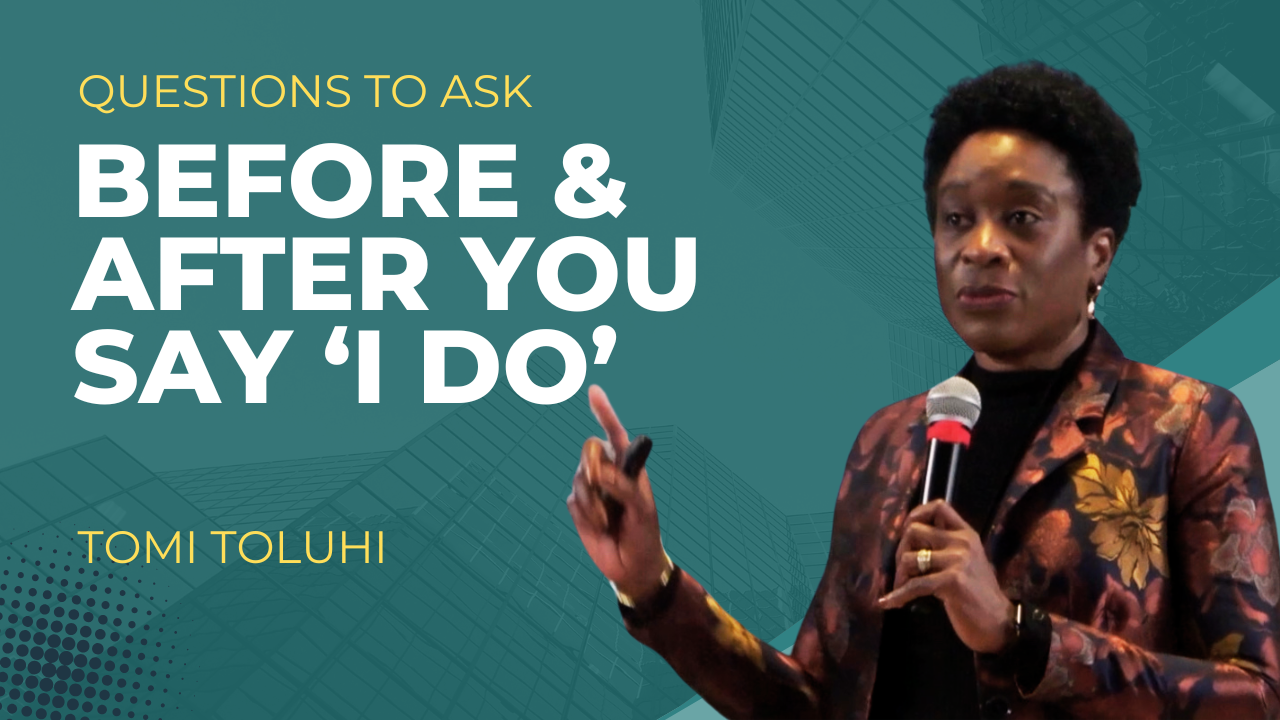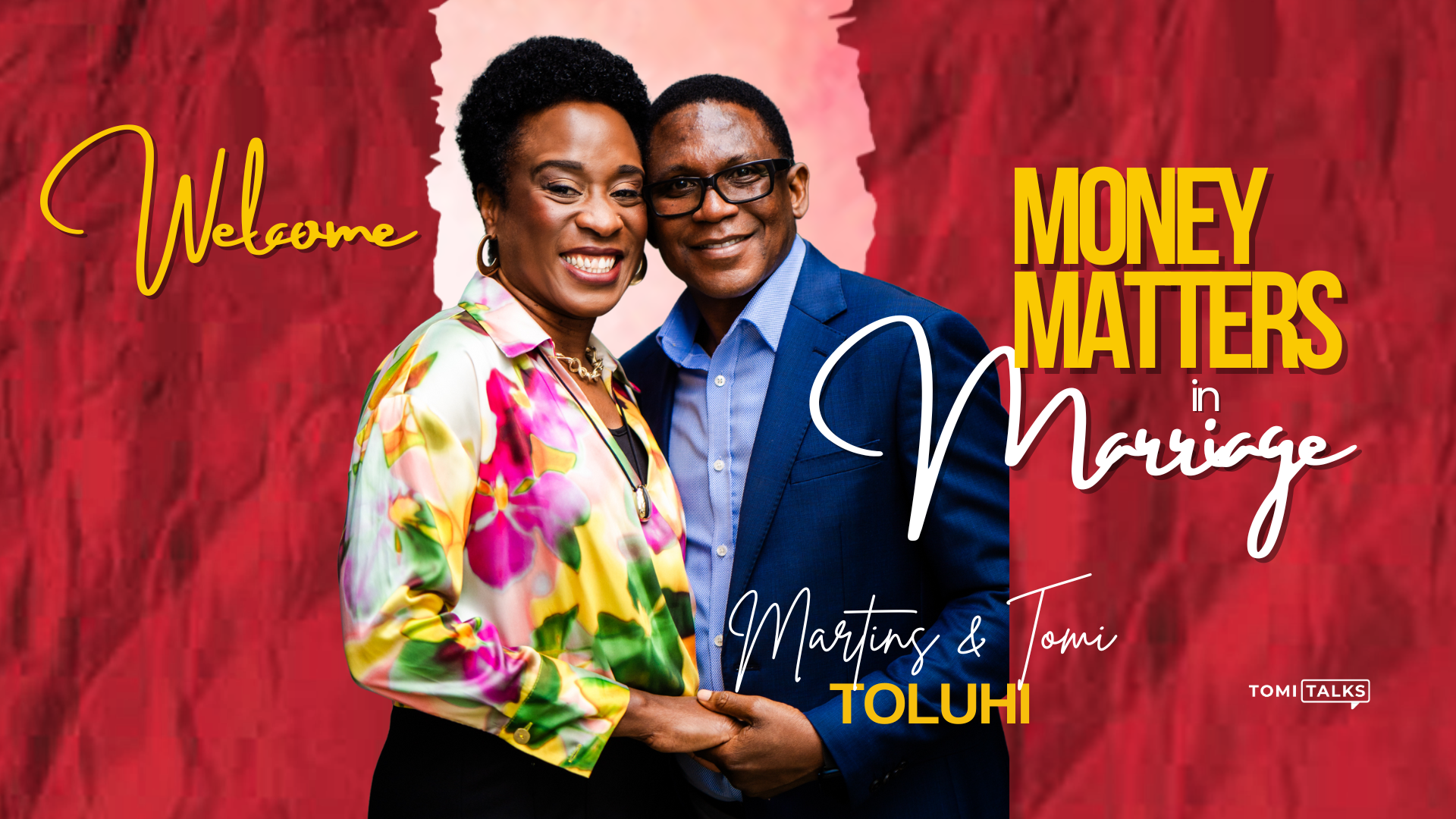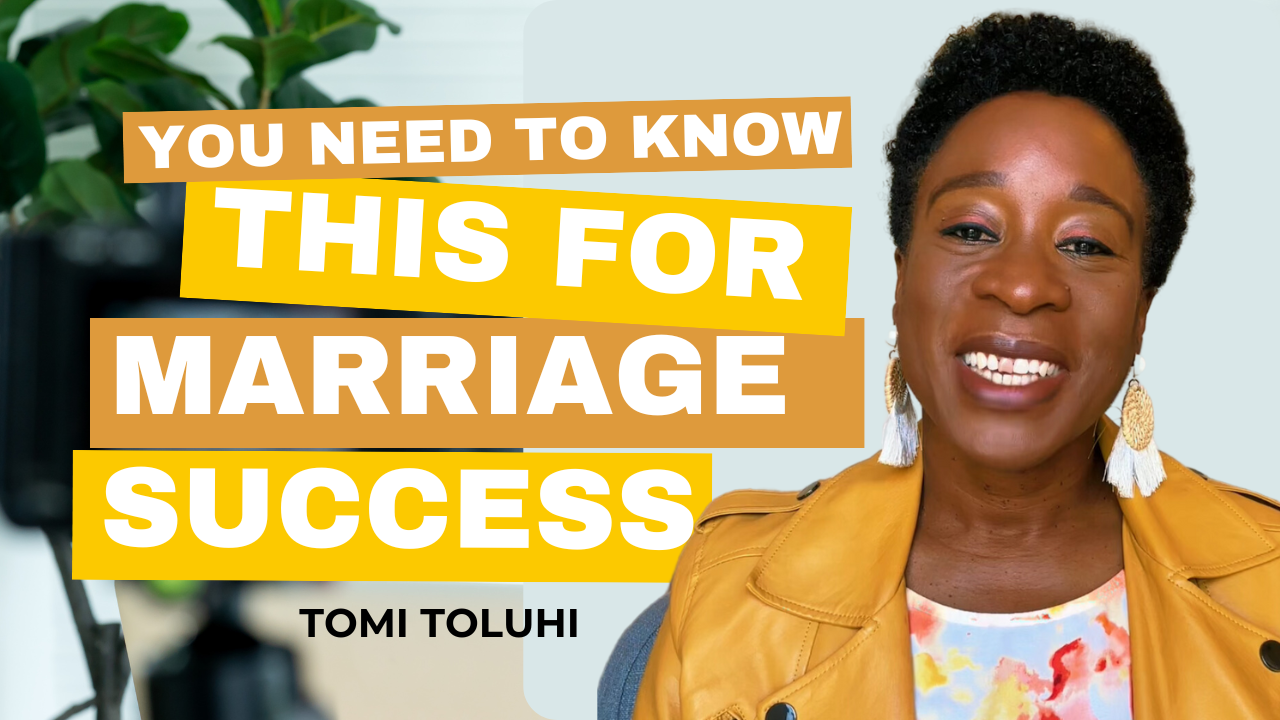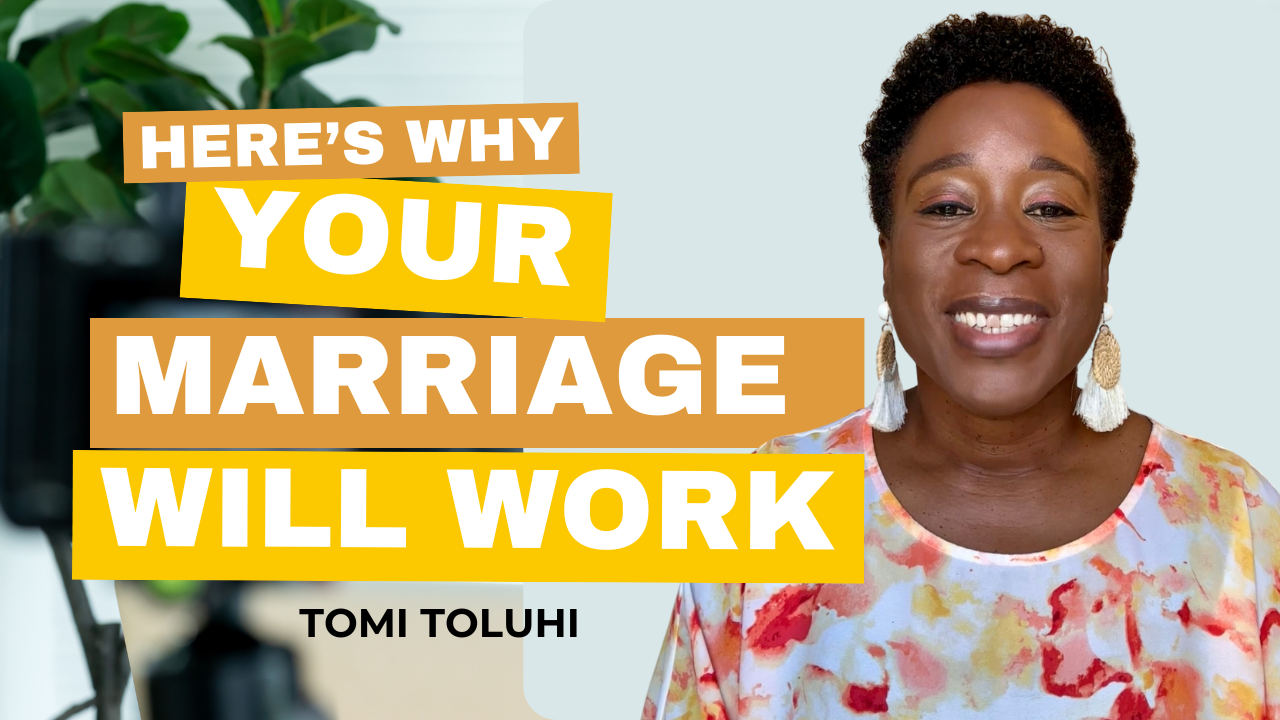Does physical attraction matter?
Does physical attraction matter? This is a question I frequently receive in various forms from men and women trying to gauge the relative importance of physical attraction towards someone they intend to marry. There are various schools of thought on the subject. Some argue that the spiritual qualities of your partner are all that matters in a relationship and physical attraction should play no part in your decision making about whom to marry. On the other hand, there are those who believe that physical attraction is of paramount importance and without it you will be unable to hold a marriage together. So where is the Biblical balance in all of this?
The reality is that whether we like to admit it or not, physical attraction frequently plays a role in drawing us to another person before we even begin to contemplate the possibility of exploring a relationship with them. This happens on a subconscious level; we neatly categorise people into pools of ‘could be’ or ‘could never be’ based on the information we gather with our eyes. We make snap judgements based on how someone looks, dresses and carries themselves as to whether they are likely to be people with whom we share a commonality. A godly man will very quickly discount a woman if he judges her to be indecently dressed by his standards and would be unlikely to contemplate a relationship with her. Similarly, a sporty person may be drawn to people who look athletic because physical fitness is something they value. This physical assessment often happens before we even get to the stage of assessing a person’s spiritual compatibility or emotional maturity.
Physical attraction frequently has a role to play in sparking our interest in someone, which may or may not lead us to contemplate assessing their potential as a marriage partner. I do not believe that this is a character flaw or evidence of lack of spirituality. God made us with the capacity to physically attract and be attracted for a reason. This is not the product of the fall of man; it is a powerful mechanism set in motion by God to ensure the propagation of the human race. Simply put, humans will continue to procreate and populate the earth until Jesus comes, not necessarily out of any deep understanding of the importance of marriage as an institution or out of any sense of spiritual duty to raise godly children, but primarily as a response to physical attraction. I believe that when God declared, ‘Be fruitful and multiply…’ in Genesis 1:28, He set in motion powerful forces that would compel humans to do so, namely physical attraction and sexual desire.
Having said all this, the grave danger lies in remaining at this superficial level when assessing a potential spouse. We fail to realise that once we marry someone, physical attraction quickly becomes meaningless if they lack the spiritual, mental and emotional maturity to engage successfully in a relationship. If the connection in those three other areas is lacking, physical attraction cannot compensate for that deficit. Believe me, it will matter very little how well-built or good-looking your husband is if he is an oppressor and does not know how to care for a woman. Regardless of how wonderful your wife’s figure is, if she is rude and disrespectful, your attraction towards her will summarily evaporate. The allure of physical attraction quickly fades in the face of deep character flaws.
While physical attraction has its place, it can be extremely deceptive in assessing the potential of a person. In 1 Samuel 16:7, even the prophet of God, Samuel, was nearly deceived by Eliab’s appearance, while God had his eyes on his younger brother, David.
‘So it happened, when they had come, he looked at Eliab [the eldest son] and thought, “Surely the Lord’s anointed is before Him.” But the Lord said to Samuel, “Do not look at his appearance or at the height of his stature, because I have rejected him. For the Lord sees not as man sees; for man looks at the outward appearance, but the Lord looks at the heart.”’
Notice that even God acknowledges that as humans, we have a natural inclination to look first at the outward appearance; this is why I strongly believe that we all, male and female alike, should take good care of the body God has given us and present it in the best possible way. This is not lack of spirituality; it is common sense. Don’t let your appearance constitute an obstacle to people who would otherwise benefit by getting to know you. I strongly believe that poor personal presentation does not glorify God in any shape or form. You may have no control over your physical attributes but you have a responsibility to package them properly.
I also believe that it honours your spouse when you pay attention to your appearance, even after ten, twenty or thirty years in marriage. The Bible makes it clear in 1 Corinthians 7 that when you marry, your body no longer belongs to you; it belongs to your spouse. It is disrespectful to your spouse if you make no effort to take care of your physical appearance and maintain the physical attraction in your marriage.
Nevertheless, I have observed time and again that people are often deceived by their physical attraction to a person before marriage and consequently don’t take a deeper look at what the person carries within. They choose a spouse based on fleeting physical attraction and find out too late that they have ignored what matters. Our prayer should be that the Lord helps us to see beyond the superficial when making critical life decisions.
Physical attraction only has value as an icing on the cake; it’s great when all the other ingredients are in place. We must be honest enough to acknowledge that the heavy emphasis on physical attraction in our generation is largely driven by the media and our perceptions of what a desirable person is as shaped by popular culture. This is not where God’s emphasis lies. Consequently, you will find, for instance, that there is nowhere in scripture where God instructs wives to be physically beautiful in order to attract or keep godly husbands. The emphasis for a godly man always rest heavily on the spiritual, mental and emotional qualities of a woman. Sample these two scriptures:
‘An excellent woman [one who is spiritual, capable, intelligent, and virtuous], who is he who can find her? Her value is more precious than jewels and her worth is far above rubies or pearls. The heart of her husband trusts in her [with secure confidence], And he will have no lack of gain.’ Proverbs 31:10-11 AMP
‘Charm and grace are deceptive, and [superficial] beauty is vain, but a woman who fears the LORD [reverently worshiping, obeying, serving, and trusting Him with awe-filled respect], she shall be praised.’ Proverbs 31:30 AMP
The book ends of the Proverbs 31 discourse on the virtuous woman emphasise what really matters in a woman, clearly demonstrating that ultimately the value of a woman is not in her charm or beauty but in her godly character. This same theme is echoed in the teaching of Paul in 1 Peter 3:3-4 AMP.
‘Your adornment must not be merely external–with interweaving and elaborate knotting of the hair, and wearing gold jewellery, or [being superficially preoccupied with] dressing in expensive clothes; but let it be [the inner beauty of] the hidden person of the heart, with the imperishable quality and unfading charm of a gentle and peaceful spirit, [one that is calm and self-controlled, not overanxious, but serene and spiritually mature] which is very precious in the sight of God.’
Paul emphasises that physical beauty is only skin deep and bound to fade; enduring beauty is a matter of the heart. While this is no excuse for neglecting physical appearance, consider this deeply. If physical attraction is essential to a marriage thriving, what is a man to do if his once stunning wife is involved in some accident after marriage, heaven forbid, and is no longer as physically attractive as she was when he married her? What if Mr Tall, Dark and Handsome loses all his hair, his teeth or his athletic build after two decades in marriage? Should his wife contemplate exchanging him for a younger model to maintain her physical attraction? I once heard the sought-after marriage teacher, Jimmy Evans, make this powerful statement. ‘I will never compare my wife’s body to that of a woman who has not paid the price to bear my children’. That’s a man who understand what really matters.






All Rights Reserved | RelatePlus





